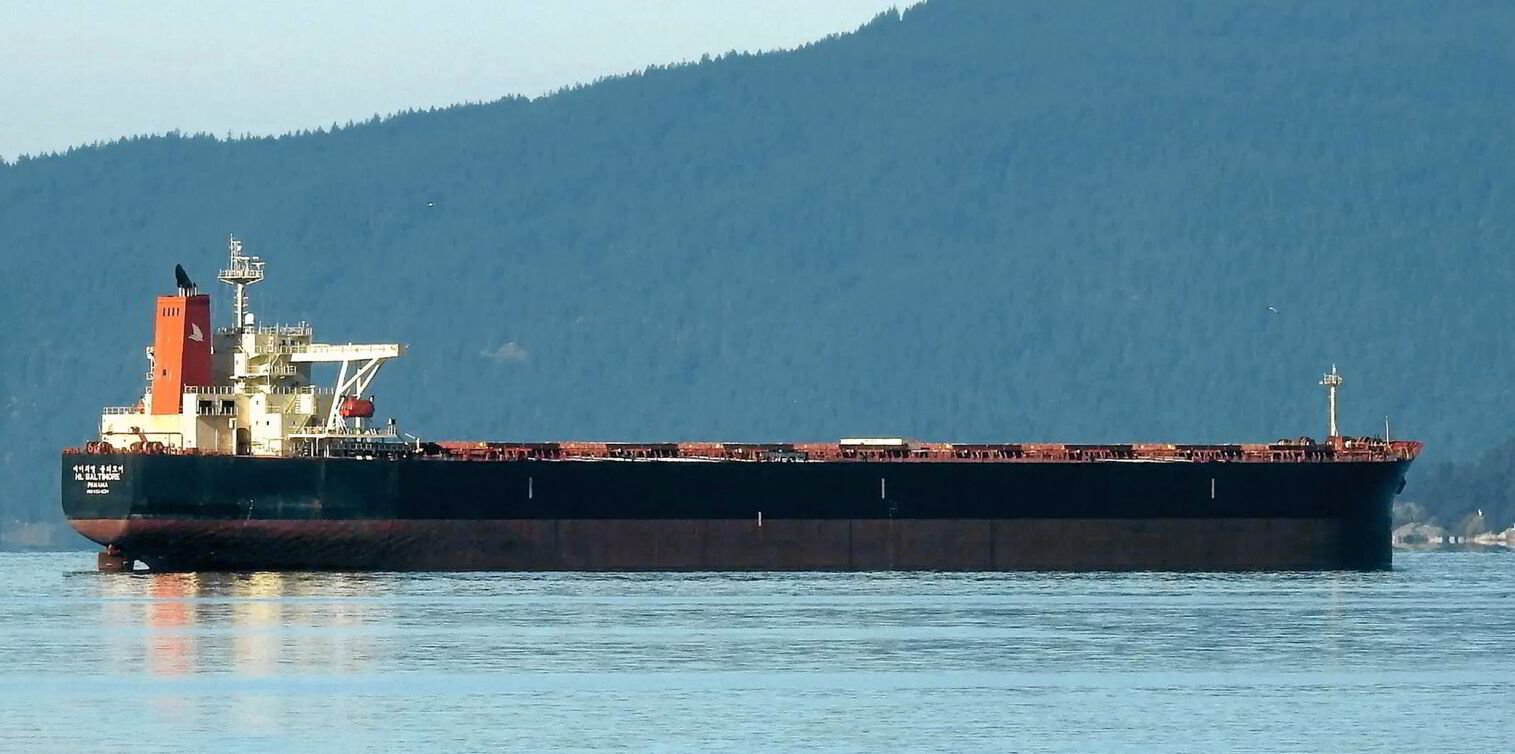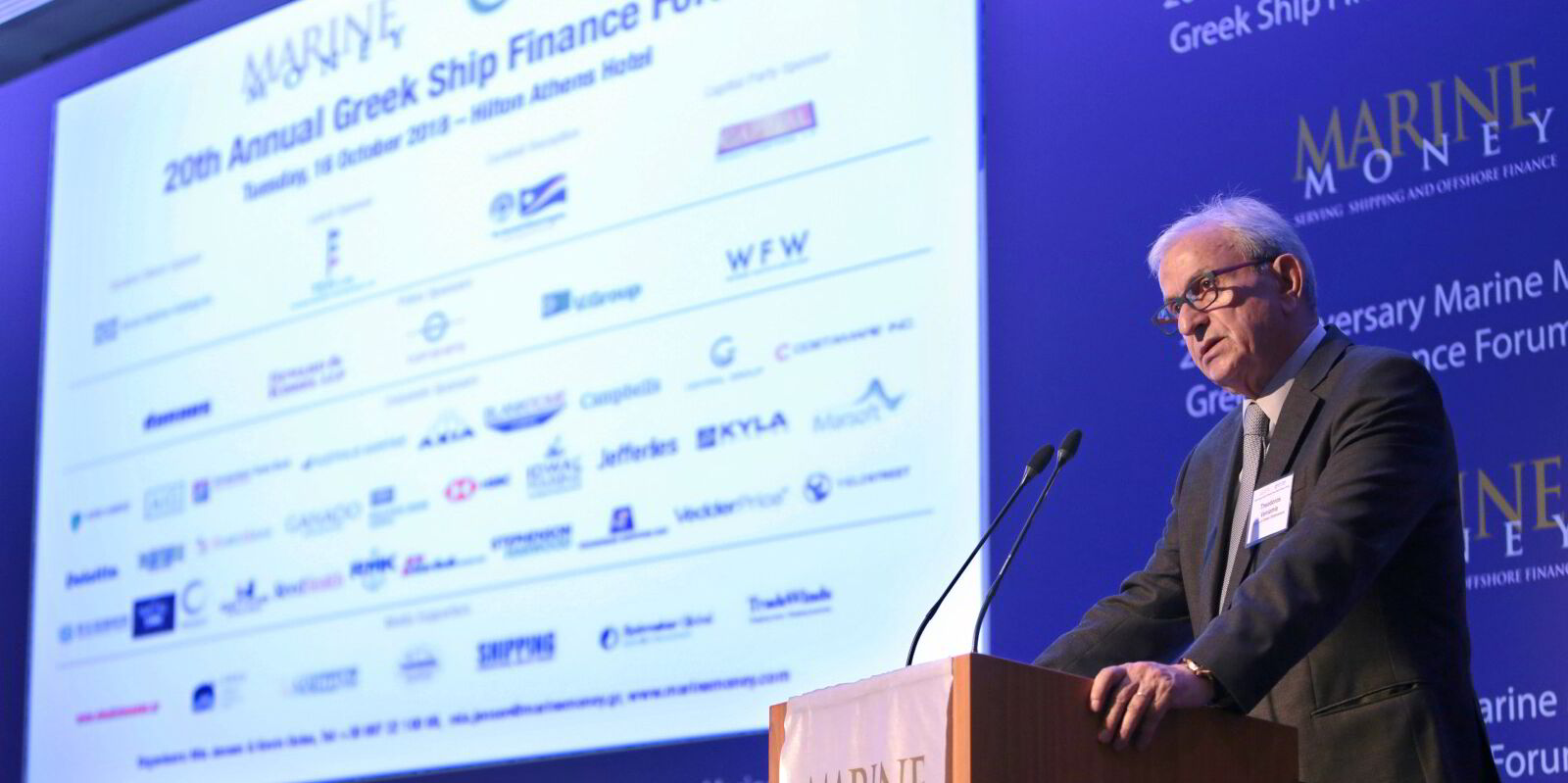Monday saw big gains in capesize freight derivatives and stronger reported fixtures, despite a tiny rise in the overall spot market index.
Three new iron ore fixtures were reported for Australia to China voyages at $0.10 more than deals reported on Friday, with loading around the same time.
BHP fixed two capesizes and Rio Tinto fixed another — all booked at $8.70 per tonne for mid-November loading dates.
This poured fuel on the freight derivatives market, stirring hopes that the seasonally strongest time of the year for the capesize physical market was finally about to kick in after a sluggish October.
Bids for December contracts were $1,220 above Friday’s settlement price at $21,300 per day as the market drew to a close in London, despite a pretty dreary picture in the physical market.
Average capesize spot rates appear to have found the floor and stayed there, despite a tiny rise on Monday.
Baltic Exchange panellists added a paltry $3 to the assessment of a basket of spot rates for the largest class of bulk carriers, weighted across five key routes.
This put the assessment at just over $15,300 per day.
The estimate has been more or less static for the past week. The route basket was assessed at about $15,400 per day on Tuesday and has wobbled up and down by a few dollars each day since then.
The sideways slide followed a rout in the assessment, which has fallen more or less steadily since hitting a four-month peak of $30,600 per day on 27 September.
It is not unusual for the capesize spot market to come off in October, only to rise and rise during the final two months of the year, seasonally the strongest period annually as Chinese importers stockpile commodities.
Activity slowed last week during Diwali holidays in key regions of the world.
The Atlantic market has remained slow over the past week.
Ballasting vessels have weighed heavily on the tonnage list for ex-Brazil cargoes of iron ore.
Baltic panellists deducted a further $0.105 from their rate assessment for voyages from Brazil to China on Monday, which they put at $20.38 per tonne.
The assessment has slid steadily since peaking at $28.49 per tonne on 26 September, a four-month high.
Trading activity has built a much steeper contango in pricing for this month and December.
Bids for capesize November contracts were at $18,400 per day around half an hour before the market closed on Monday, about $900 more than Friday’s print.





